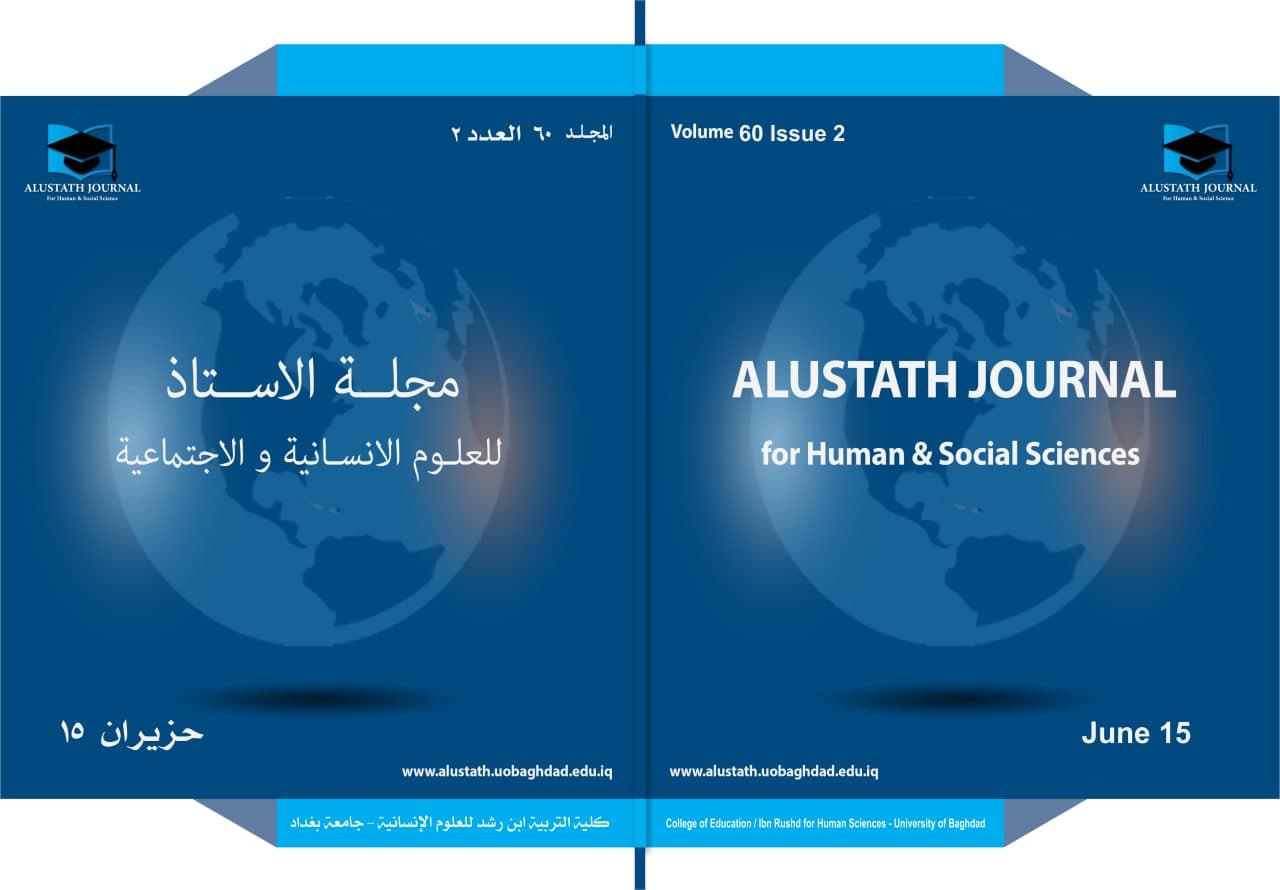The Predictive Ability of Identity Styles in Academic Integration among First Year University Students
DOI:
https://doi.org/10.36473/ujhss.v60i2.1585Keywords:
Identity Styles, Academic Engagement.Abstract
The study aimed to identify the most common Identity KStyles, and the level of academic integration, and to verify the predictive ability of Identity Styles, academic integration, and the detection of differences in the Identity Styles, and academic integration according to gender variable. The study sample consisted of (187) male and female students from the first year at the university college, to achieve the objectives of the study. The researcher used the Identity Styles scale prepared by Berzonsky (1992) translated by the researcher, and the researcher used the academic engagement scale prepared by him. The results of the study showed that the information Style and the commitment Style came at a high degree, and the normative style, and the diffuse–avoidant style came at a medium degree, and the degrees of academic Engagement were high, as well as the results indicated the ability of the information and normative Style and the commitment to predict academic engagement, and the results showed that there are statistically significant differences in (the information Style & the commitment Style) depending on the gender variable in favour of females. While it was not clear that there were statistically significant differences in (the normative style & diffuse–avoidant style) according to the gender variable. The results revealed that there are statistically significant differences in the averages of academic engagement depending on the gender variable for all dimensions and the overall score in favour of females.












